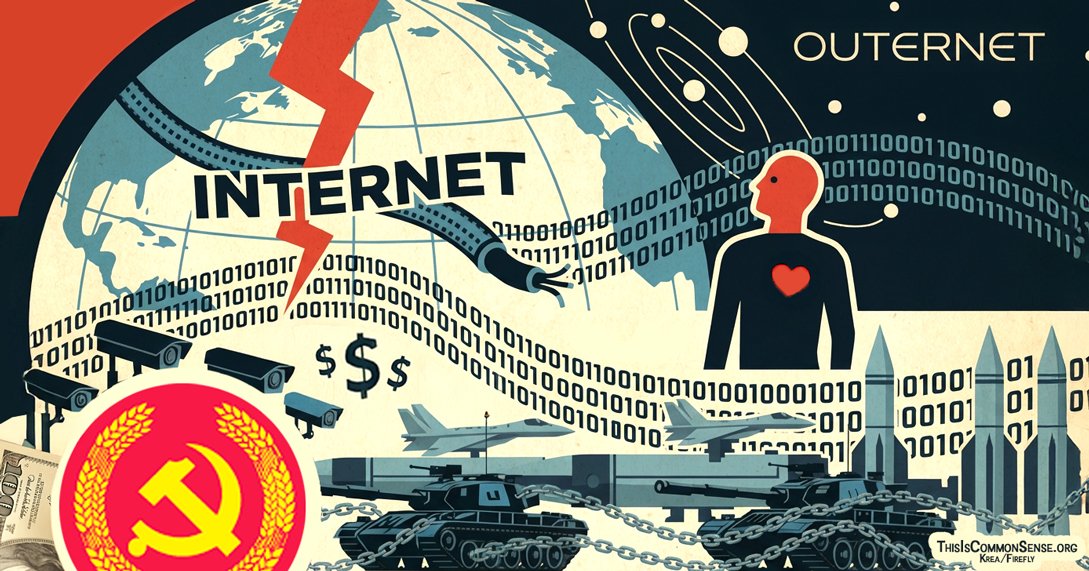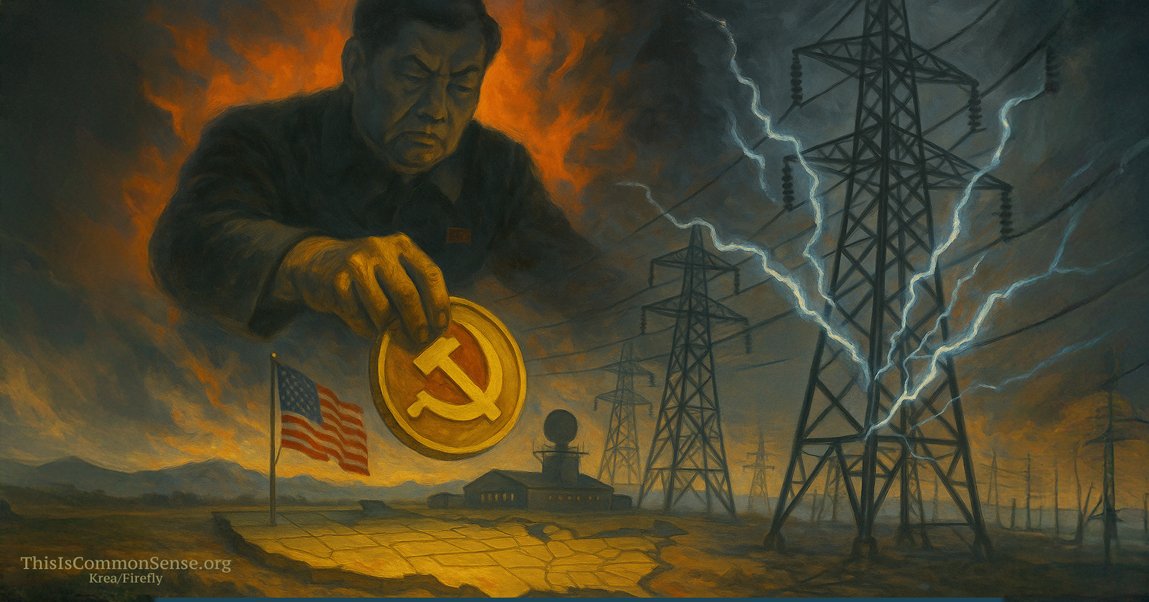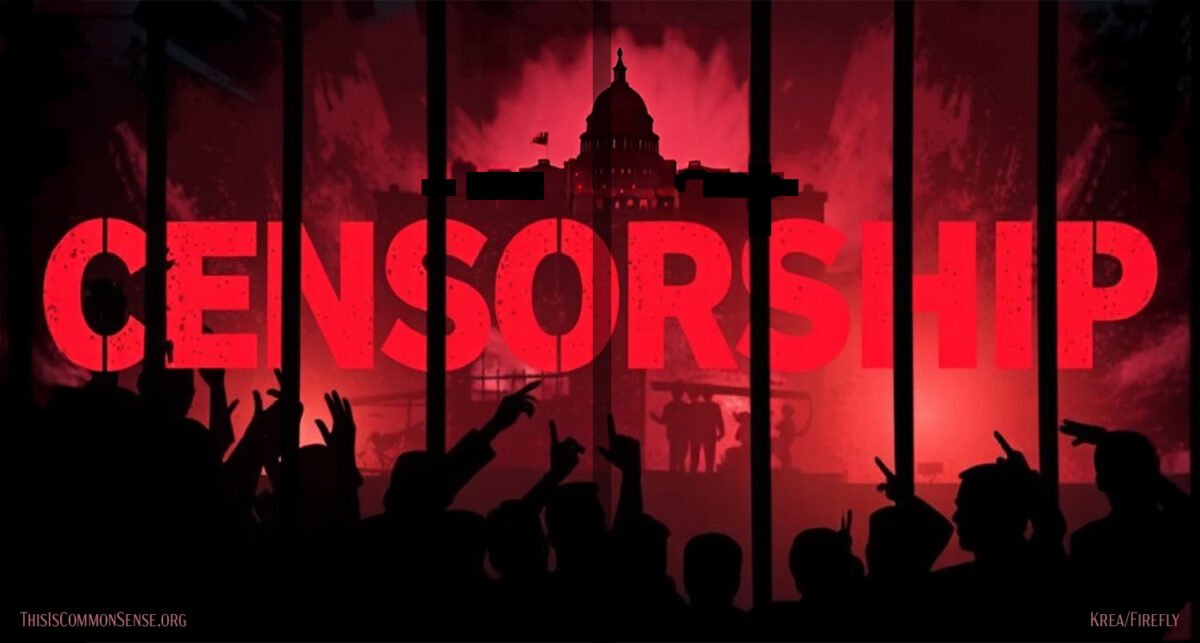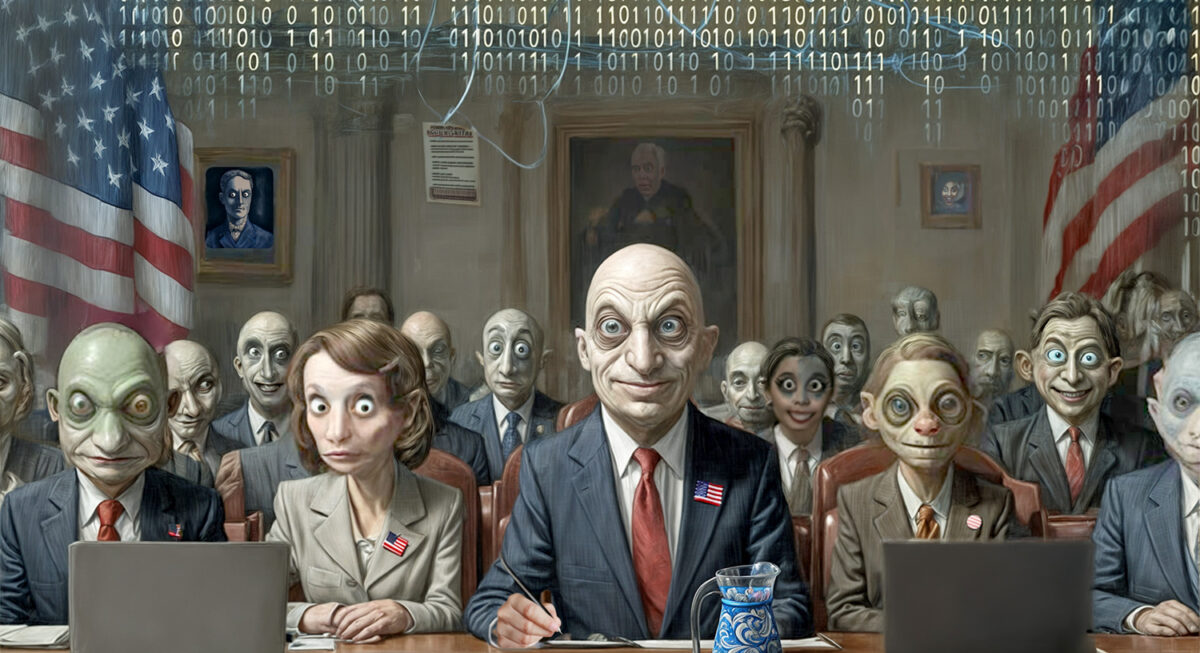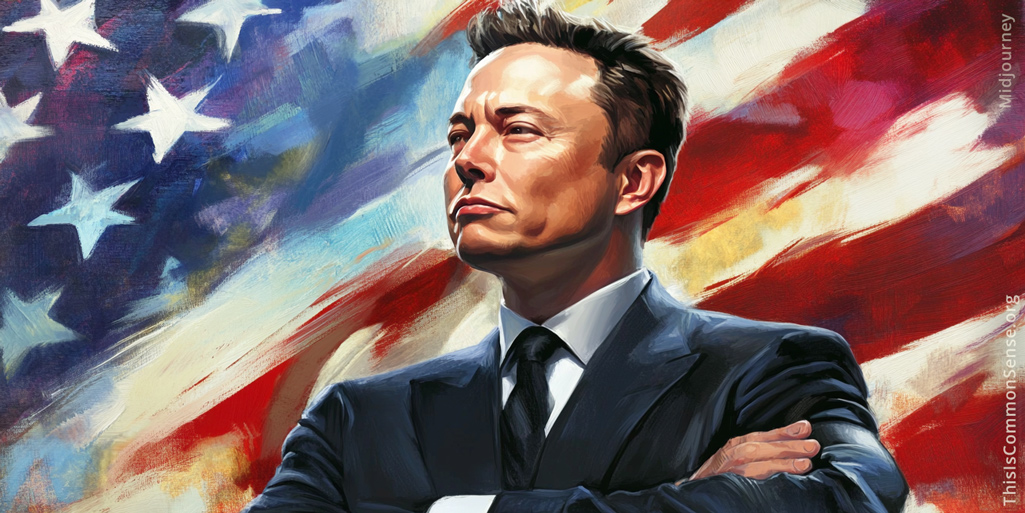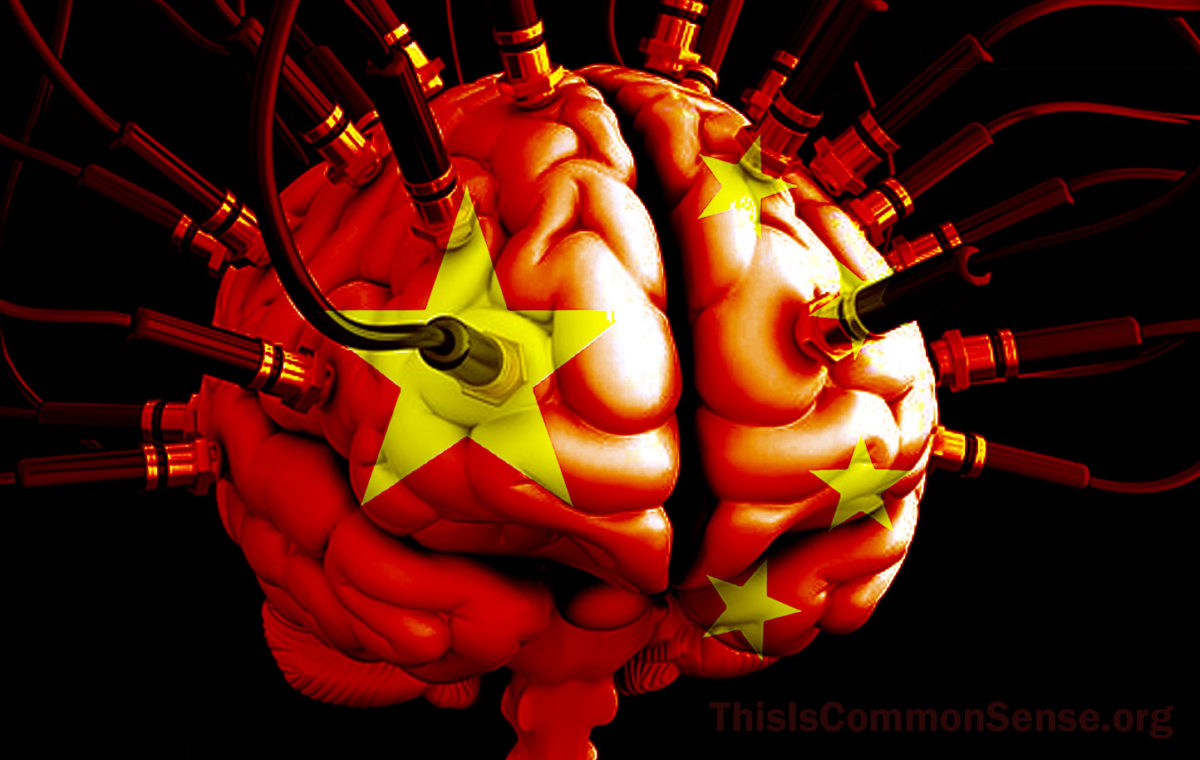The Internet is a global network. Update a website or type an email over here, in a jiffy it ends up over there, even if “there” is thousands of miles away.
Now, in cases where the connections of the interconnection get disrupted, the electrons (well, “packets”) are routinely diverted to a more stable path. This inherent path redundancy gives the Internet high fault tolerance — an impressive resilience against localized failures.
But not always. Certainly not if we’re talking about a major undersea data cable. Were such a cable accidentally severed — or deliberately severed, by a hostile power practicing for war, say, the People’s Republic of China — transmission of data between affected countries may stop dead until the cable can be fixed.
Declan Ganley wants to cure this particular vulnerability by building an alternative he calls the Outernet, a space-based version of the Internet that bypasses the earthbound network entirely. (Currently, even the satellite-ferried data of Starlink must pass through the terrestrial network.)
To kill Ganley’s vision, the Chinese Communist Party first tried to bribe him with a $7.5 billion offer of partnership; i.e., de facto control of the Outernet by the CCP. The Party’s emissary hinted that if Ganley declined, his company Rivada Networks would be plagued by lawfare.
Ganley declined, and Rivada got hit by the lawfare: “160 legal exchanges” and $36 million in legal fees over three years. Nevertheless, Rivada is on course to launch six hundred satellites in 2026.
Was Declan Ganley ever tempted?
No. “I have a soul to be accountable for,” he explains.
This is Common Sense. I’m Paul Jacob.
Illustration created with Krea and Firefly
See all recent commentary
(simplified and organized)
See recent popular posts
